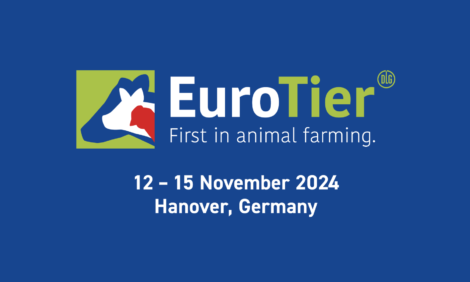



Survey Finds Animal Welfare Tops Consumers’ Ethical Concerns
ANALYSIS - Three quarters of consumers in the UK put animal welfare at the top of the list when it comes to ethical issues for food companies.Concerns over how animals reared for meat, dairy products and eggs are treated is the top of the list of issues for consumers when companies make ethical claims.
More than half of UK consumers would also stop buying products from companies that are found to be acting unethically.
A new survey from the market analyst company Mintel shows that welfare issues come above concerns over the environment, the treatment of employees and issues such as tax avoidance when it comes to ethical production of food.
The survey that looked at a sample of 1500 consumers found that 74 per cent said that meat coming from animal that are well looked after was among the top issues that make a food company ethical.
Sixty per cent of those questioned said the concern was over guarantees from companies that ingredients used in its products were sourced responsibly and 57 per cent were concerned about good welfare for workers.
Company guarantees over improvements to the environment when sourcing food products were only considered important by 42 per cent of those questioned and guarantees to limit the carbon footprint of products were of concern to just 32 per cent.
Under a third, 30 per cent, of those questioned were concerned whether companies paid their taxes.
Among all the labels that indicate ethical production of feed, “free range” was seen as the most successful with three quarters of consumers buying free range products
While more than 70 per cent expected food companies to act ethically, they also expect those companies to meet ethical standards in the production of food products without having to pay more for them.
More than half, 52 per cent, said they would stop buying products from a company that was not acting ethically.
The researchers said that ethics is becoming more and more ingrained into food and drink producers’ sourcing policies and the fact that the majority of consumers would stop buying products from companies acting unethically, means that they have to ensure they have robust ethical standards to avoid boycotts and also damage to their reputations.
The researchers said that with the presence of social media channels means that reputations can be broken quickly if unethical practices are discovered.
By promoting ethical standards and practices there is a feel-food for consumers.
A quarter of the consumers in the survey, 24 per cent, said that where they shopped depended on whether the stores stocked ethical products and 45 per cent said that buying ethical products make them feel good.
Half of the consumers questioned said that they would pay more for ethically produced products if they were told why they were paying more and where the money went and the same number, 52 per cent said that information about which foods are ethical was confusing.
The Mintel survey found that consumers understood that the Fairtrade mark was used on imported products to show ethical production and a third of those questioned thought it should be extended to British products and for the use of British farmers.
Only 17 per cent of the consumers thought that in vitro meat – meat produced artificially in the lab – is a solution for the production of protein and only 16 per cent thought that meat and dairy products produced from cloned animals were good practice.
TheCattleSite News Desk


